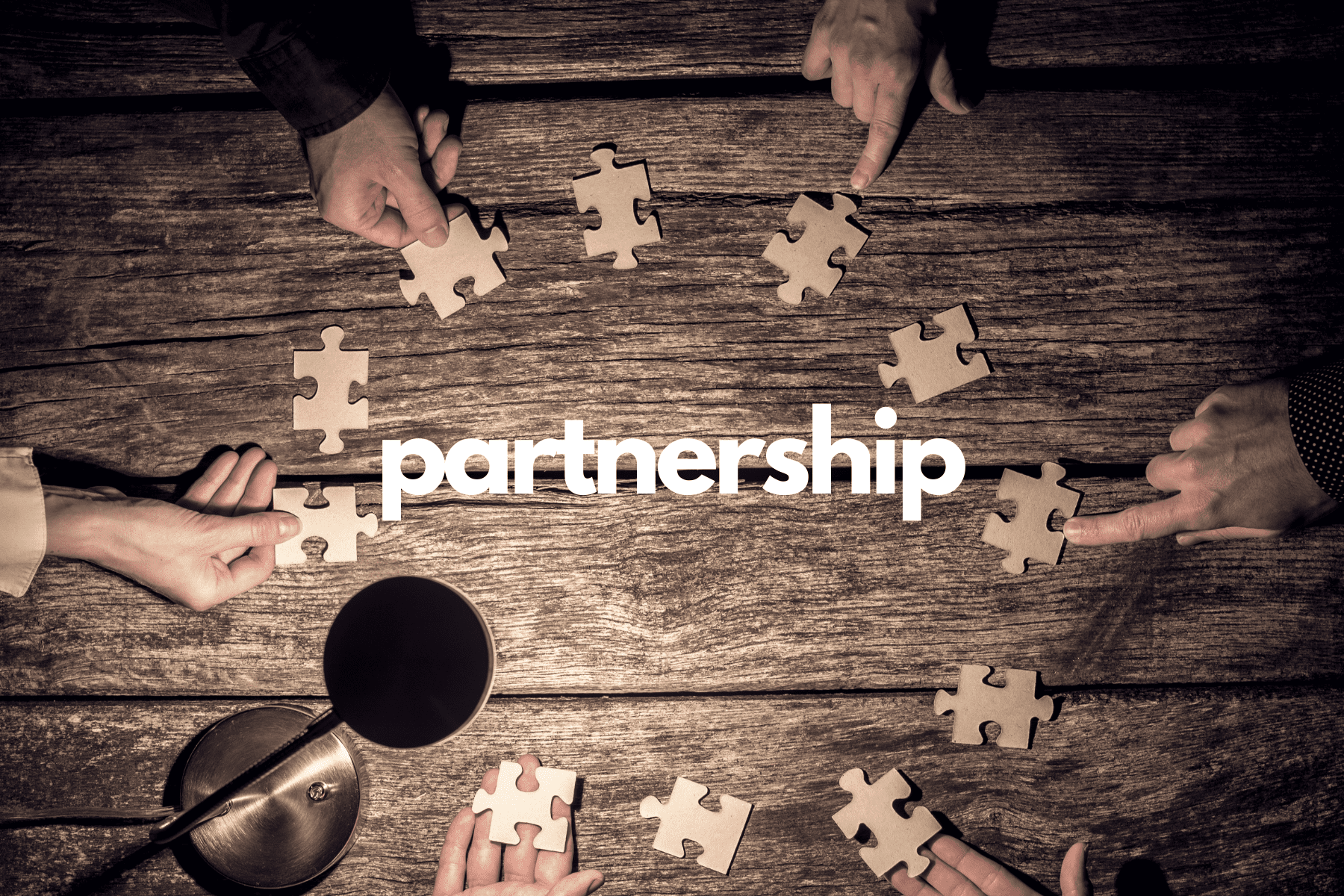Nonprofit Company: Comprehensive Providers to Assistance Charities and Organizations
Nonprofit Company: Comprehensive Providers to Assistance Charities and Organizations
Blog Article
Exploring the Diverse Functions and Obligations of a Nonprofit Agency in Dealing With Social Issues and Supporting Adjustment
Nonprofit agencies offer as essential agents of change within culture, taking on a myriad of social concerns through diverse methods. Their responsibilities prolong beyond simple service arrangement; they engage in campaigning for, source mobilization, and area outreach, usually acting as a bridge between essential services and marginalized populations.
Recognizing Nonprofit Company Functions
The performance of not-for-profit firms rests on a clear understanding of their varied roles within culture. These companies function as important middlemans between the general public, personal, and governmental markets, resolving different social issues and supporting for adjustment. Nonprofit firms commonly function as company, delivering crucial programs and resources to underserved populaces. This role is important in filling up voids that might exist in civil services, guaranteeing that at risk groups have access to needed assistance.
In addition, nonprofits play a necessary role in campaigning for, increasing recognition and affecting policy decisions that impact their areas. By participating in study and public education, these companies help form public discussion and advertise informed decision-making - nonprofit agency. They also serve as systems for volunteerism, activating area members to contribute their time and skills towards cumulative goals
Moreover, not-for-profit agencies commonly work as conveners, uniting diverse stakeholders to cultivate collaboration and collective effect. This collective approach boosts their ability to attend to facility social concerns properly. Comprehending these multifaceted roles is critical for optimizing the potential of nonprofit firms in producing lasting social modification and improving general area wellness.
Area Involvement and Outreach
Reliable neighborhood interaction and outreach are essential elements of not-for-profit agencies' strategies to build and cultivate links count on within the areas they serve. These efforts concentrate on comprehending community requirements, promoting awareness of offered sources, and motivating involvement in programs designed to resolve social concerns. Not-for-profit companies utilize a range of techniques to involve with community members, such as workshops, educational sessions, and joint events.
Outreach efforts serve to strengthen connections with varied populations, particularly marginalized teams who might encounter barriers to access. By making use of culturally pertinent communication approaches and leveraging regional collaborations, nonprofits can improve their presence and show their dedication to community empowerment. This method not only cultivates a sense of belonging but likewise enhances the possibility of continual involvement.
In addition, efficient neighborhood interaction surpasses mere involvement; it involves proactively paying attention to community members' responses and integrating their insights into program growth. This collective procedure makes sure that the solutions offered are receptive, relevant, and tailored to the special obstacles faced by the area. Ultimately, promoting strong connections via engagement and outreach can result in even more impactful interventions and a greater cumulative initiative towards advertising positive social change.
Campaigning For and Plan Impact
Advocacy works as a critical device for not-for-profit companies to influence public plan and drive systemic modification. By leveraging their competence and neighborhood insights, these companies can effectively stand for marginalized populations and address pushing social issues. Nonprofits take part in campaigning for through numerous strategies, consisting of public recognition projects, grassroots mobilization, coalition structure, and straight lobbying of policymakers.
Through these efforts, not-for-profit agencies aim to form regulations and policy frameworks that straighten with their mission and the requirements of the neighborhoods they serve. They conduct research study, collect information, and share compelling stories to highlight the urgency of specific issues, making sure that decision-makers are educated and encouraged to act. This procedure not just magnifies the voices of those affected by social oppressions however also cultivates a much more inclusive and equitable policymaking setting.
Moreover, advocacy initiatives usually seek to develop lasting structural modifications, attending to root creates as opposed to merely alleviating symptoms. By prioritizing plan influence, not-for-profit firms add to a more comprehensive understanding of social obstacles and promote remedies that can result in sustainable renovations in societal health. Ultimately, advocacy is fundamental to the transformative role nonprofits play in developing a just and equitable culture.
Fundraising and Resource Management
Nonprofit firms depend on robust fundraising and resource administration strategies to sustain their advocacy efforts and maintain their objectives. Reliable fundraising is vital for ensuring the accessibility of funds necessary to apply programs and activities that attend to pushing social issues. This process frequently involves expanding revenue streams through grants, individual contributions, business sponsorships, and fundraising events. By employing a multi-faceted method, nonprofits can alleviate the dangers related to dependence on a solitary funding source.
Source management is equally essential, as it entails the tactical appropriation of both human and economic resources to take full advantage of impact. Nonprofits have to develop budget plans that line up with their objectives while guaranteeing transparency and liability to stakeholders. This involves normal try this out tracking of expenditures and readjusting strategies as needed to optimize resource use.

Partnership and Collaborations
While several organizations pursue their goals individually, cooperation and collaborations can significantly improve the effectiveness of not-for-profit agencies. By collaborating with various other nonprofits, federal government entities, and economic sector companies, nonprofits can merge resources, share expertise, and amplify their influence on social problems. Collective efforts frequently bring about ingenious solutions that might not be possible individually, leveraging the staminas of each partner to attend to complex obstacles.

Eventually, effective collaboration needs clear communication, shared goals, and shared respect amongst partners. By welcoming a participating strategy, not-for-profit agencies can develop lasting networks that not only address immediate social concerns but also add to long-lasting systemic change, promoting a more equitable society. official statement With cooperation, nonprofits can flourish and optimize their potential for purposeful effect.
Verdict
Not-for-profit companies act as crucial entities in promoting and attending to social concerns change within communities. Through diverse functions such as community interaction, advocacy, and resource monitoring, these organizations successfully set in motion sources and support for underserved populaces. Their collective efforts with various stakeholders improve the ability to influence public law and advertise structural modifications. Eventually, the diverse functions of not-for-profit agencies substantially add to the pursuit of social justice and the improvement of community wellness.
Recognizing these complex functions is vital for taking full advantage of the potential of nonprofit firms in developing lasting social adjustment and boosting general neighborhood well-being.
Efficient area interaction and check outreach are essential components of not-for-profit firms' approaches to promote links and develop depend on within the areas they offer. By functioning together with various other nonprofits, federal government entities, and private field organizations, nonprofits can pool sources, share expertise, and amplify their impact on social issues.Not-for-profit companies offer as vital entities in promoting and resolving social problems adjustment within communities - nonprofit agency. Ultimately, the complex functions of nonprofit companies considerably add to the quest of social justice and the enhancement of community well-being
Report this page